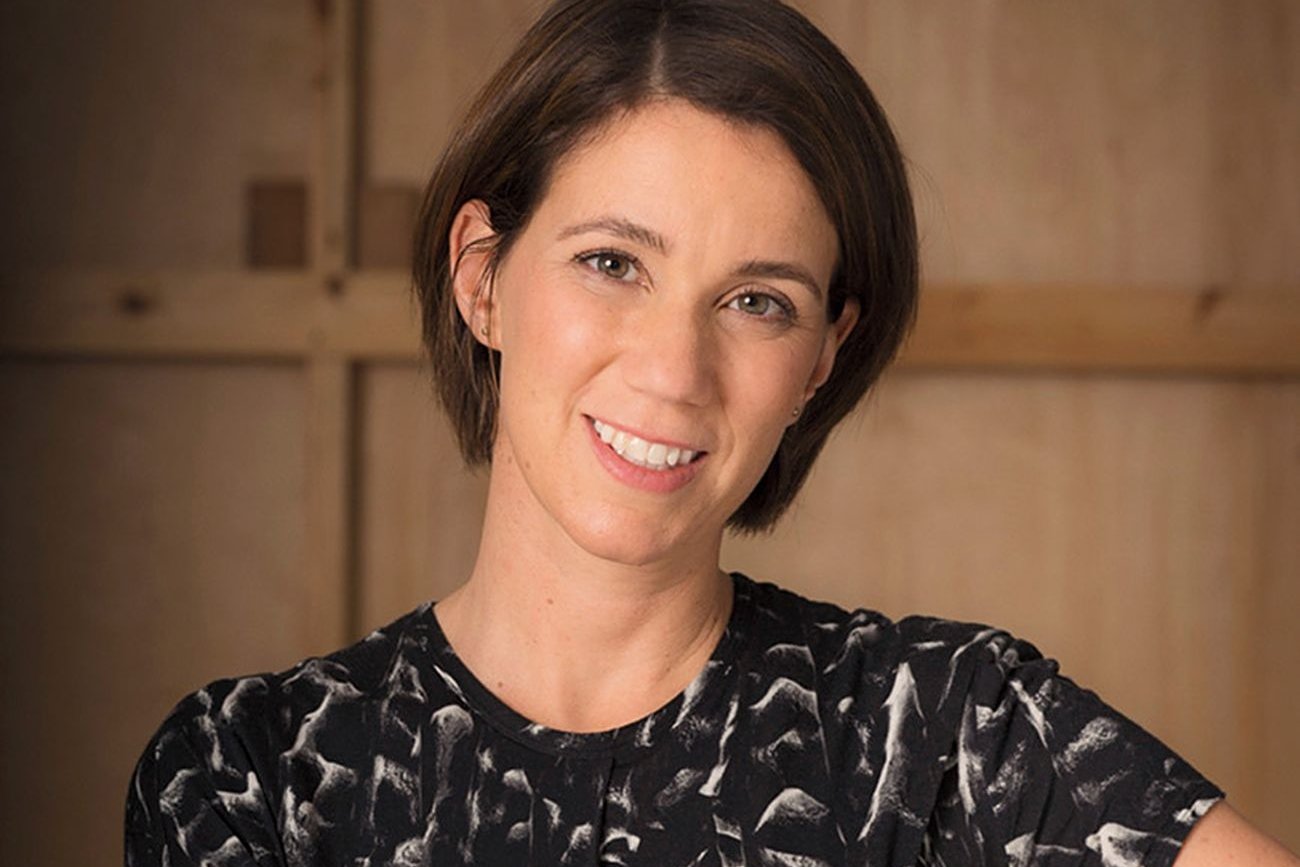Rising to the Challenge: Incubator Looks to Help Women Immigrants Start Their Own Food Business

Jessamyn Waldman Rodriguez spent much of her career in NGOs, and learned that the food industry held many opportunities for low-income immigrant women — if only they knew how to break in. So in 2007, she found a way to open those doors: She’d bake bread.
She created Hot Bread Kitchen, a nonprofit that sells its bread across New York City, and the nation via its website. Proceeds would fund a Bakers-in-Training program, to teach these women how to make artisan bread, as well as job skills like English and math. The product took off at retailers like Whole Foods and Dean & DeLuca, and many of the program’s 191 women have been hired by New York institutions like Eataly and Zaro’s Bakery. “Somebody told me that not a piece of artisan bread is consumed in New York City that hasn’t been touched by Hot Bread Kitchen,” the CEO says.
Related: Lessons in Social Entrepreneurship from the People Making a Real Impact
The success allowed her to expand. “Women in our program wanted to start their own businesses but couldn’t afford it,” she says. So she moved her operation to East Harlem’s La Marqueta, a marketplace that’s been open since the 1930s. Then she launched HBK Incubates, a food-business accelerator.
The program addresses a problem that’s baked into food startups: Up-front costs can be prohibitive. “I see culinary incubators as a proxy to capital in early years when growth is risky,” says Waldman Rodriguez. “We help businesses get profitable, prove concept and show growth before having to raise the minimum six-figure amount required to get a licensable commercial kitchen.”
The program is competitive, and Waldman Rodriguez selects entrepreneurs with both a great idea and proven sales, whether they’re a part-time caterer or an at-home jam maker. From there, HBK Incubates helps them professionalize and figure out how to scale. Entrepreneurs pay membership fees and hourly rates to rent space; the incubator subsidizes 40 percent of the current 75 participants.
Related: Why Business Leaders Make the Best Social Entrepreneurs
In addition to essentials like equipment and storage, participants receive an average of two years of guidance from Hot Bread Kitchen staff, who guide product development, marketing and customer support. And Waldman Rodriguez stresses that everything — from the product to the sales pitch — must be in working order before an entrepreneur tries landing a big client. Sales can solve many problems but will exacerbate hidden ones. That’s why once she began organizing retailer showcases, she invited only her truly polished members. That has led to real-world success: One hundred eighty-nine businesses have come out of HBK Incubates, and when Whole Foods opened a new store in Harlem this summer, eight recent graduates’ brands were represented on its shelves.
Waldman Rodriguez has learned lessons, too. “When I started this, I was impressed by fancy business plans, but that does not equal hustle,” she says. “Now we push the quality of the product and of the entrepreneur. I want to put our resources behind people who want to grow a business.”
Notable alumni
Three HBK Incubates entrepreneurs have found their winning recipe.
Fanny Perez, Las Delicias de Fanny
The Ecuador native runs a catering company, servicing events with up to a thousand guests. “She makes the best roasted pork you’ve ever tasted,” Waldman Rodriguez says.
Related: 4 Reasons Why Immigrants Are Essential for Entrepreneurship
Maya MacLaughlin, Maya’s Jams
MacLaughlin’s jams are sold at Whole Foods in Harlem. “A cookie maker used her jam for a filled cookie, which is just off the hook,” the CEO says.
Isabel Gunther, Little Green Gourmets
Inspired by her toddler, Gunther launched a healthy-meals delivery service for kids — carrot mac and cheese! — that caters to homes and schools in New York City.
This story appears in the October 2017 issue of Entrepreneur. Subscribe »
Published at Fri, 20 Oct 2017 13:00:00 +0000




